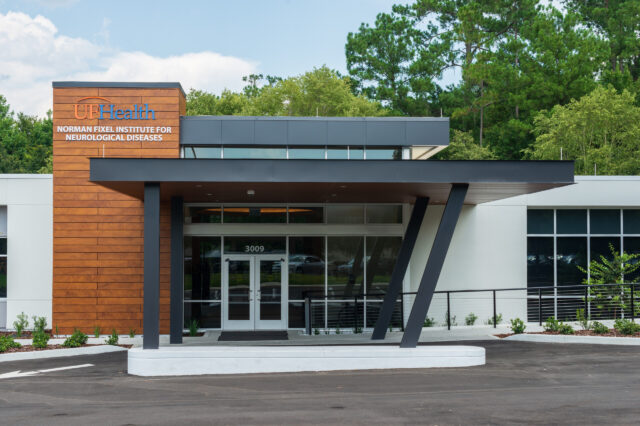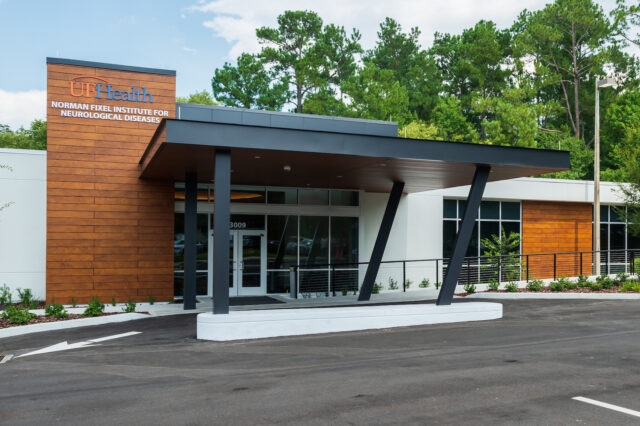Dystonia is a movement disorder that causes the muscles to co-contract and spasm involuntarily. The involuntary muscle contractions may force the body into repetitive and often twisting movements and commonly awkward, irregular postures. Dystonia affects men, women, and children of all ages and backgrounds. According to the Dystonia Medical Research Foundation, estimates suggest that 300,000+ people in North America are affected.
There are more than 13 forms of dystonia, and dozens of diseases and conditions include dystonia as a major symptom, such as Parkinson disease. Although there are multiple forms of dystonia and the symptoms of these forms may outwardly appear quite different, the element that all forms share is the repetitive, patterned, and often twisting involuntary muscle contractions.
What part of the body does Dystonia affect?
Dystonia may affect a single part of the body or be generalized throughout multiple muscle groups. It causes varying degrees of disability and pain, from mild to severe. University of Florida physicians who practice at the Center for Movement Disorders and Neurorestoration offer several treatment options for Dystonia, and are actively pursuing research toward new therapies. UF is a Tyler's Hope Dystonia Center of Excellence.


